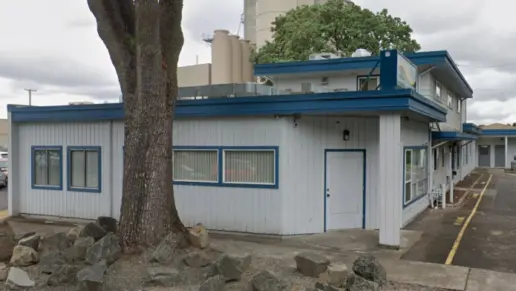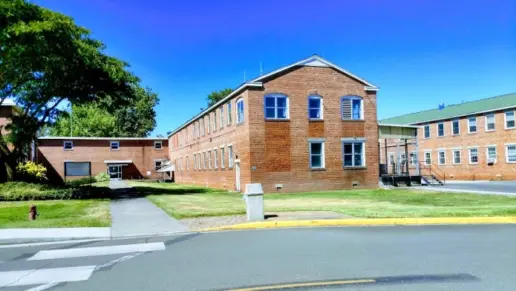in January 1994-I came to What was then) now Hazelden Betty Ford. I was ready and had the best care and given tools to become successful in every day life. I just celebrated 29 years of continuously being Clean and Sober from ALL mind-altering drugs.
About Hazelden Betty Ford Foundation
Hazelden Betty Ford is an alcohol and drug rehab in Newberg, Oregon. They offer co-occurring disorder, alcohol, drug, and opioid treatment for adults aged 18 or older. Clients benefit from medical detox, inpatient rehab, partial hospitalization programs (PHPs), intensive outpatient programs (IOPs), outpatient care, and aftercare. They also have a specialized opioid program, addiction treatment for professionals, children’s and family services, 12 Step groups, and more.
Many attend medical detox as a first step in treatment. In detox, clients rid their bodies of substances under ongoing medical supervision. After completion, clients move on to another level of care to complete treatment.
Their residential rehab program aims to stabilize client’s health and give them the tools to promote long-term recovery. Clients participate in a comprehensive individualized treatment plan, often including individual and group therapy, addiction education, 12 Step facilitation, spiritual care services, and medical care. They also offer gender-informed programs, co-occurring disorder treatment, specialized groups, animal-assisted programming, and recreational and wellness activities.
PHPs are the most intensive level of outpatient care. Clients can live at home while participating in similar therapeutic interventions as inpatient rehab. They also allow clients to live on campus while in the day treatment program.
They provide a virtual IOP that integrates similar evidence-based therapeutic interventions as their other levels of care, addiction education, and 12 Step programming. Their general outpatient rehab is the lowest level of care for clients who want to live at home while in treatment. Clients can access similar care as their other treatment programs.
Their recovery management services offer addiction aftercare and resources to strengthen recovery and reduce potential relapse. Services include a sober living home, mobile apps, phone-based coaching, self-help literature, daily inspirational emails, and online social groups.
Hazelden Betty Ford accepts many insurance providers, including Aetna, Beacon Health, Optum, AssuredPartners, and Cigna. Always check with your insurance provider about coverage, as out-of-network benefits typically differ.
Facility Overview
Latest Reviews
Rehab Score
Gallery
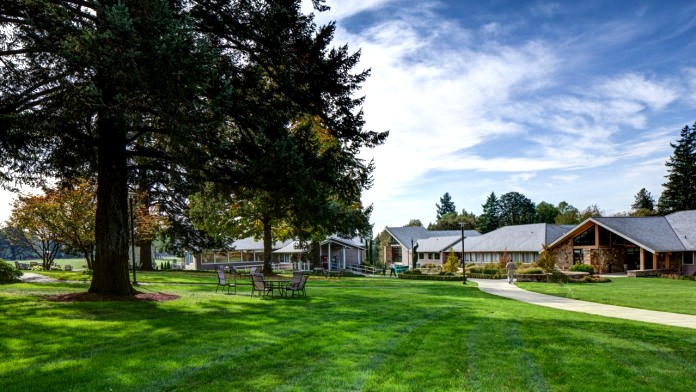
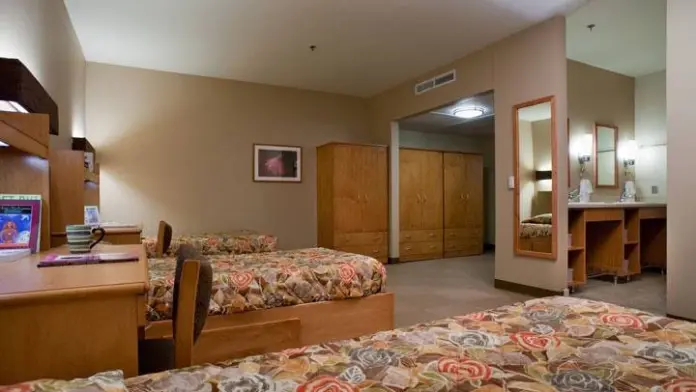
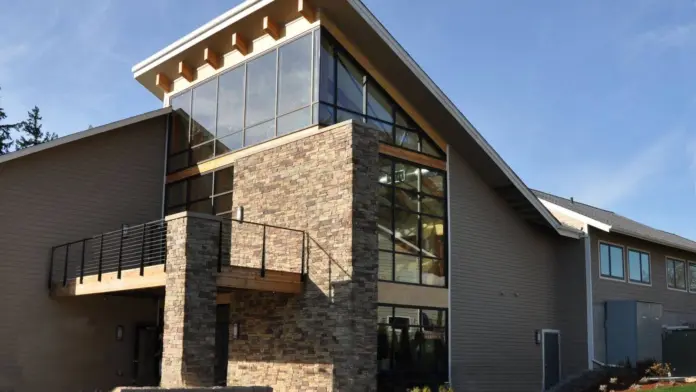
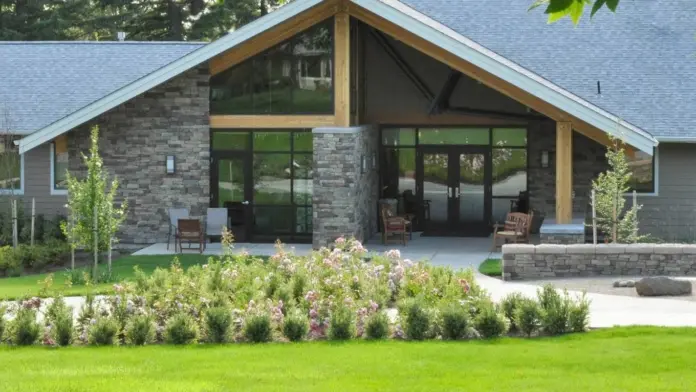
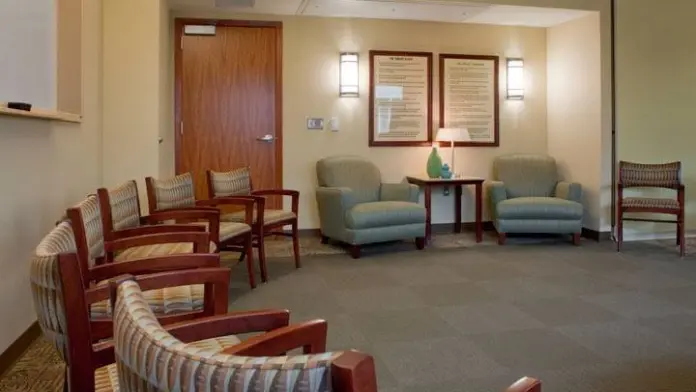
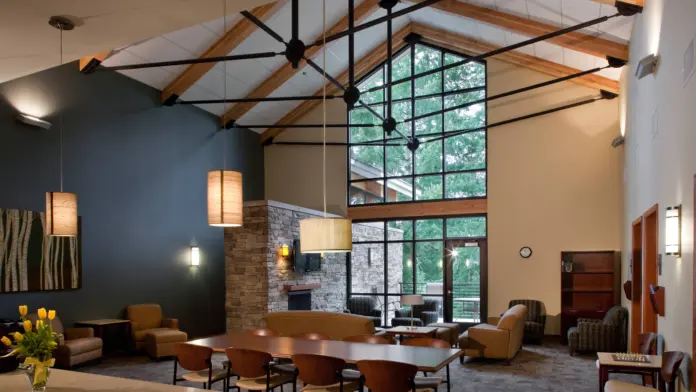
Location
Accepted Insurance

Other Forms of Payment
Private insurance refers to any kind of healthcare coverage that isn't from the state or federal government. This includes individual and family plans offered by an employer or purchased from the Insurance Marketplace. Every plan will have different requirements and out of pocket costs so be sure to get the full details before you start treatment.
Self-pay involves paying for treatment out of your own pocket. You can use savings or credit, get a personal loan, or receive help from family and friends to fund your treatment. If you don't have insurance or your insurance plan doesn't cover a specific program, self-pay can help ensure you still get the care you need.
Military members, veterans, and eligible dependents have access to specific insurance programs that help them get the care they need. TRICARE and VA insurance can help you access low cost or no cost addiction and mental health treatment. Programs that accept military insurance often have targeted treatment focused on the unique challenges military members, veterans, and their families face.
Addiction Treatments
Levels of Care
Treatments
The goal of treatment for alcoholism is abstinence. Those with poor social support, poor motivation, or psychiatric disorders tend to relapse within a few years of treatment. For these people, success is measured by longer periods of abstinence, reduced use of alcohol, better health, and improved social functioning. Recovery and Maintenance are usually based on 12 step programs and AA meetings.
Drug rehab in Oregon offers a full continuum of care for those struggling with addiction. From detox, to inpatient, to outpatient, to aftercare, Oregon residents can find the support they need for recovery. This treatment empowers individuals to replace drug use with positive alternatives and develop a healthier lifestyle.
Many of those suffering from addiction also suffer from mental or emotional illnesses like schizophrenia, bipolar disorder, depression, or anxiety disorders. Rehab and other substance abuse facilities treating those with a dual diagnosis or co-occurring disorder administer psychiatric treatment to address the person's mental health issue in addition to drug and alcohol rehabilitation.
A combined mental health and substance abuse rehab has the staff and resources available to handle individuals with both mental health and substance abuse issues. It can be challenging to determine where a specific symptom stems from (a mental health issue or an issue related to substance abuse), so mental health and substance abuse professionals are helpful in detangling symptoms and keeping treatment on track.
Opioid rehabs specialize in supporting those recovering from opioid addiction. They treat those suffering from addiction to illegal opioids like heroin, as well as prescription drugs like oxycodone. These centers typically combine both physical as well as mental and emotional support to help stop addiction. Physical support often includes medical detox and subsequent medical support (including medication), and mental support includes in-depth therapy to address the underlying causes of addiction.
Programs



Clinical Services
Cognitive behavioral therapy (CBT) in Oregon is a short term talk therapy method used to treat mental and behavioral disorders. Based on client needs, the therapist may recommend five to 20 sessions. Typically, this form of therapy requires fewer sessions than many other types of treatment.
The six main elements of dialectical behavior therapy are designed to help you develop skills for recovery. These are related to: 1. Accepting your circumstances 2. Learning new skills 3. Receiving support 4. Learning positive behavioral responses 5. Changing negative thought patterns 6. Building collaboration skills.
Group therapy is any therapeutic work that happens in a group (not one-on-one). There are a number of different group therapy modalities, including support groups, experiential therapy, psycho-education, and more. Group therapy involves treatment as well as processing interaction between group members.
In individual therapy, a patient meets one-on-one with a trained psychologist or counselor. Therapy is a pivotal part of effective substance abuse treatment, as it often covers root causes of addiction, including challenges faced by the patient in their social, family, and work/school life.
Viewed as a method of communication rather than an intervention, motivational interviewing is an evidence based approach to rehab treatment in Oregon. The principles of this method have a common sense appeal and are readily applied to many therapeutic programs. Core strategies include acceptance, listening, and summarizing.
Trauma therapy addresses traumatic incidents from a client's past that are likely affecting their present-day experience. Trauma is often one of the primary triggers and potential causes of addiction, and can stem from child sexual abuse, domestic violence, having a parent with a mental illness, losing one or both parents at a young age, teenage or adult sexual assault, or any number of other factors. The purpose of trauma therapy is to allow a patient to process trauma and move through and past it, with the help of trained and compassionate mental health professionals.
Families need help in their own right. Hazelden Betty Ford Foundation’s educational and support programs help family members learn about the disease of addiction and how you've all been affected. With care and support, familes can work through the chaos they've experienced, understand how to set healthy boundaries, and begin to rebuild a trusting relationship with your loved one.
The FDA has approved two quit smoking medications. Varenicline works by reducing the "buzz" you get from nicotine, so smoking is less enjoyable. Bupropion decreases nicotine withdrawal and cravings. Over the counter nicotine replacement therapy options in Oregon include nicotine patches, lozenges, and gum.
Amenities
-
Yoga Studio
-
Private Rooms
Staff & Accreditations
Staff
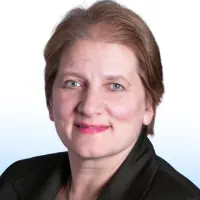
VP of Human Resources
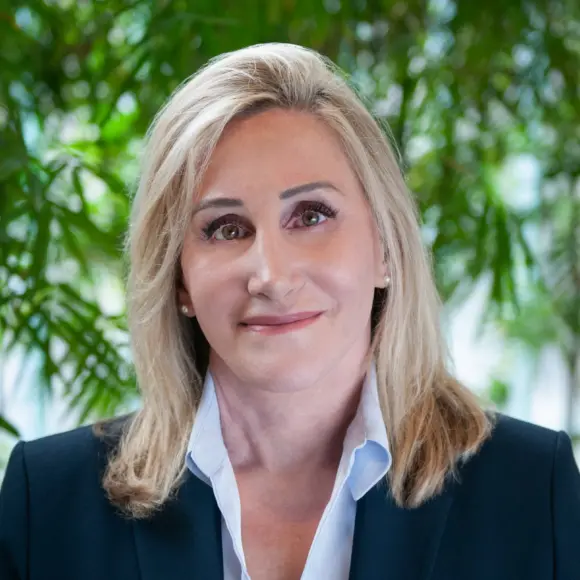
CMO
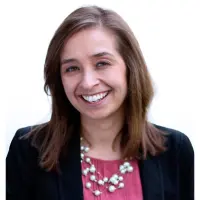
CMO

President & CEO
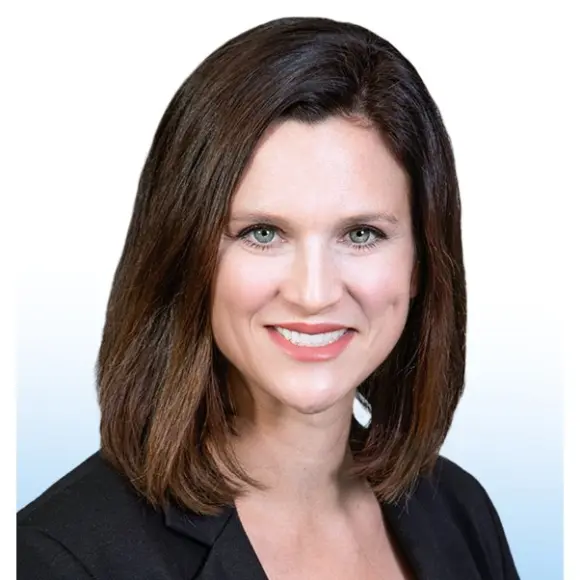
Chief Legal, Advocacy & Compliance Officer
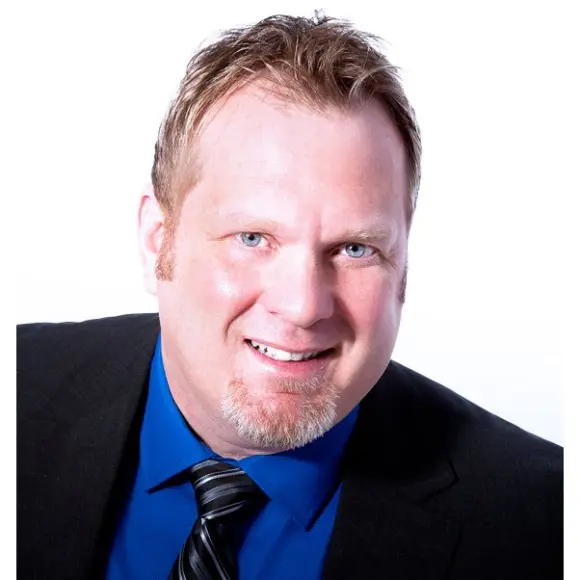
Chief Information Officer
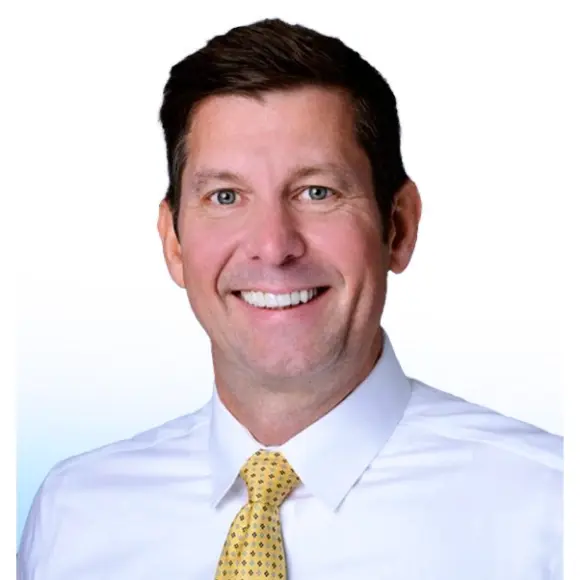
Chief Financial & Administrative Officer
Accreditations

The Joint Commission, formerly known as JCAHO, is a nonprofit organization that accredits rehab organizations and programs. Founded in 1951, the Joint Commision's mission is to improve the quality of patient care and demonstrating the quality of patient care.
Joint Commission Accreditation: Yes
Contact Information
1901 North Esther Street
Newberg OR, 97132








